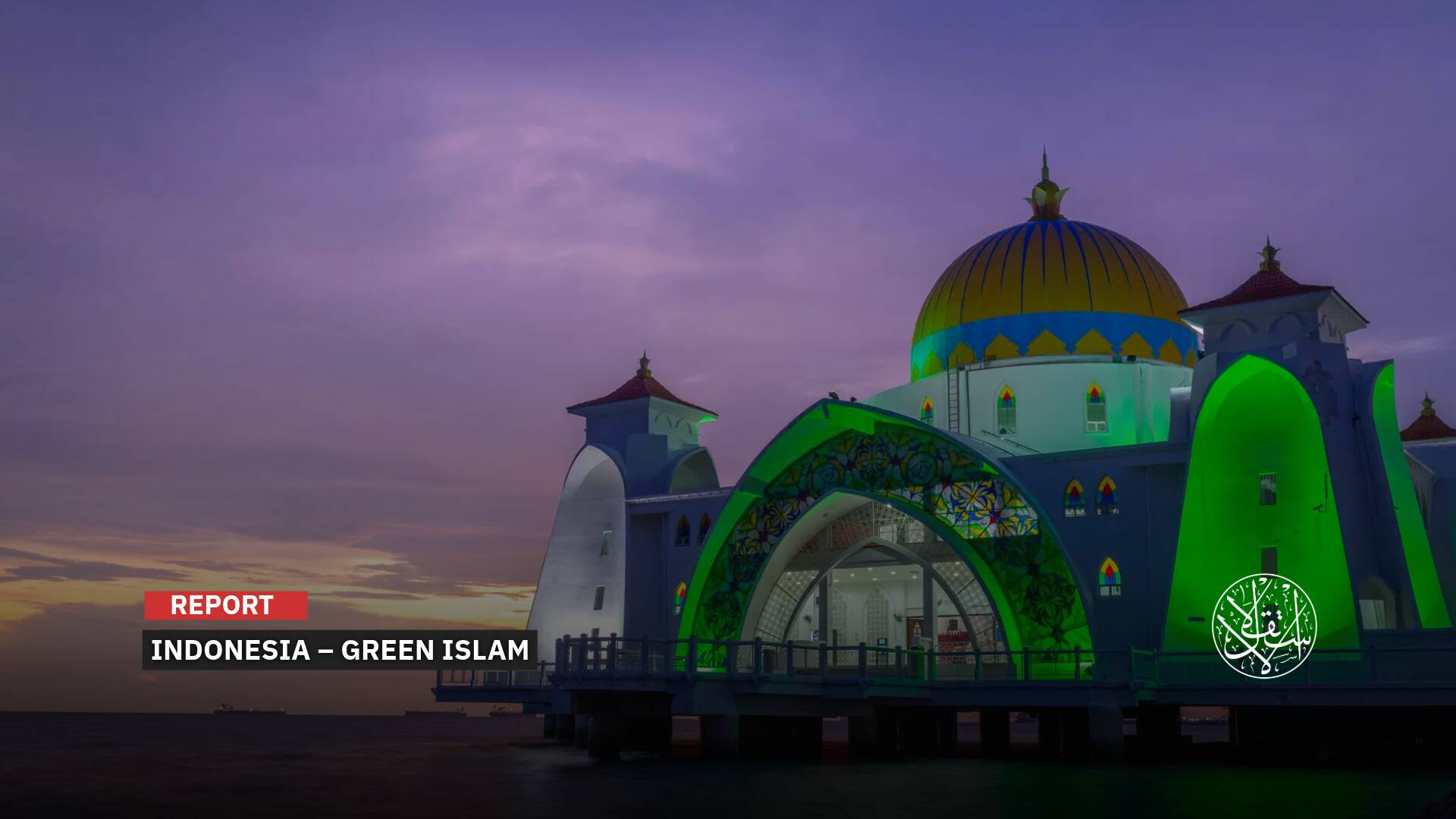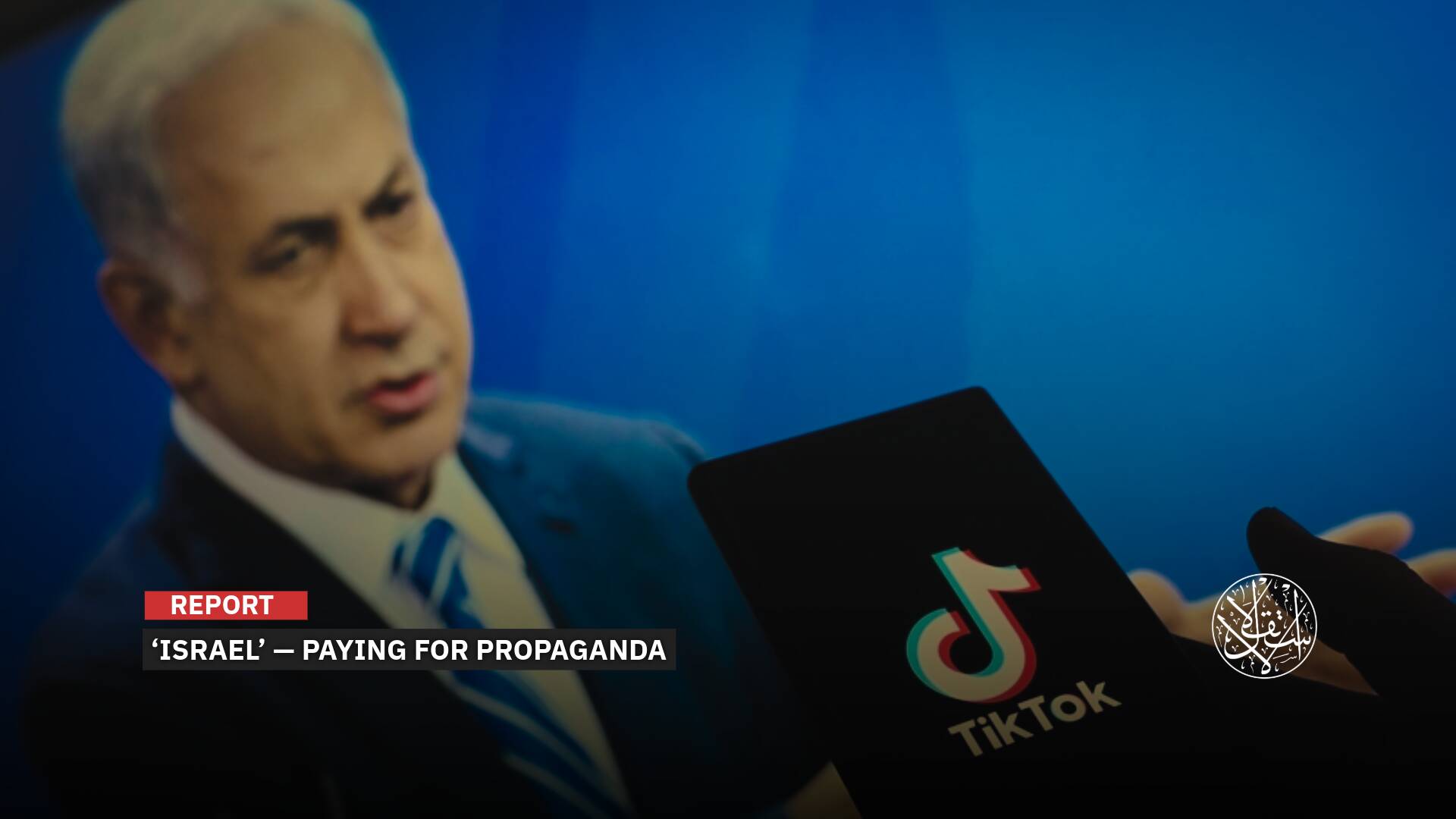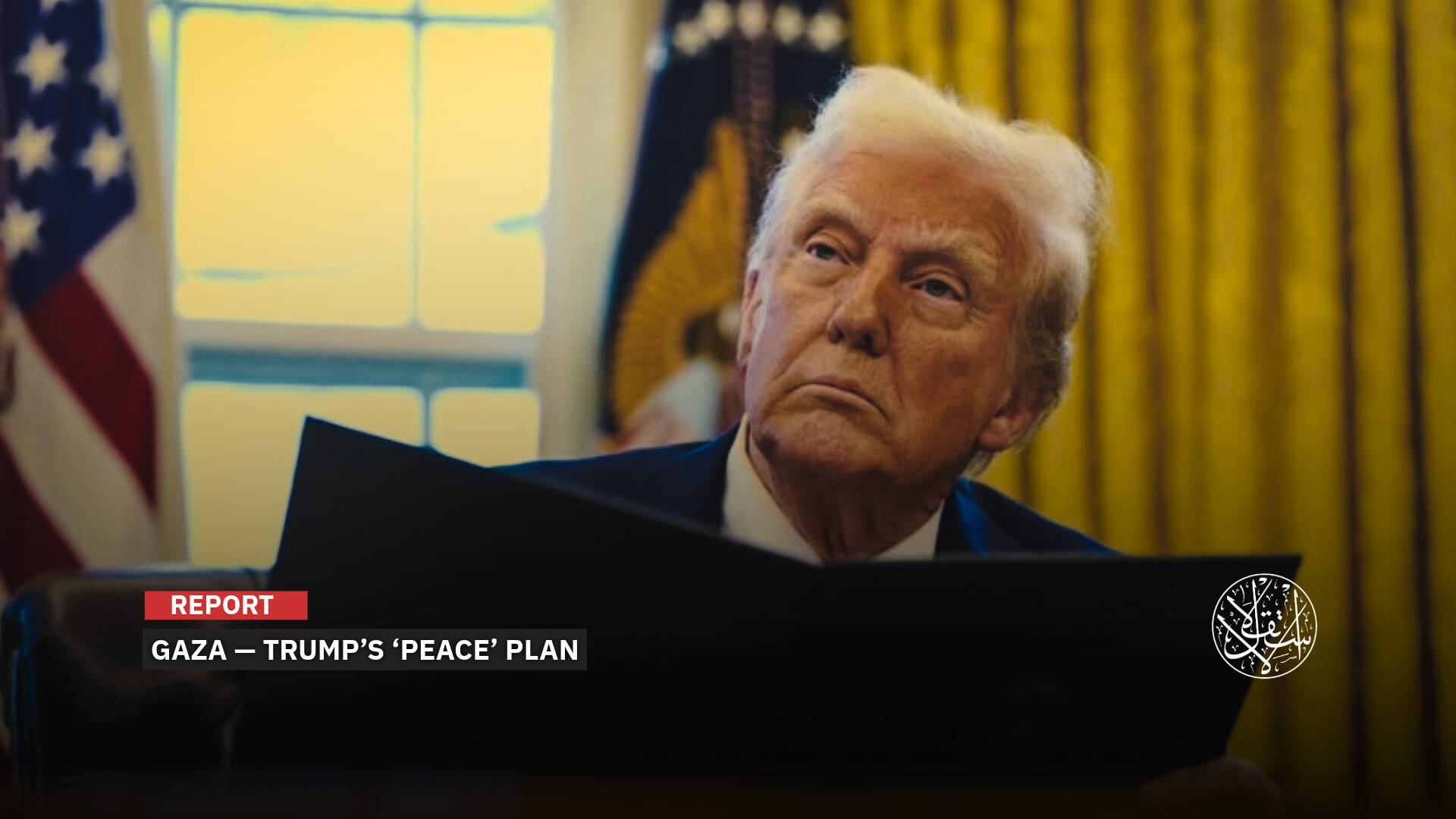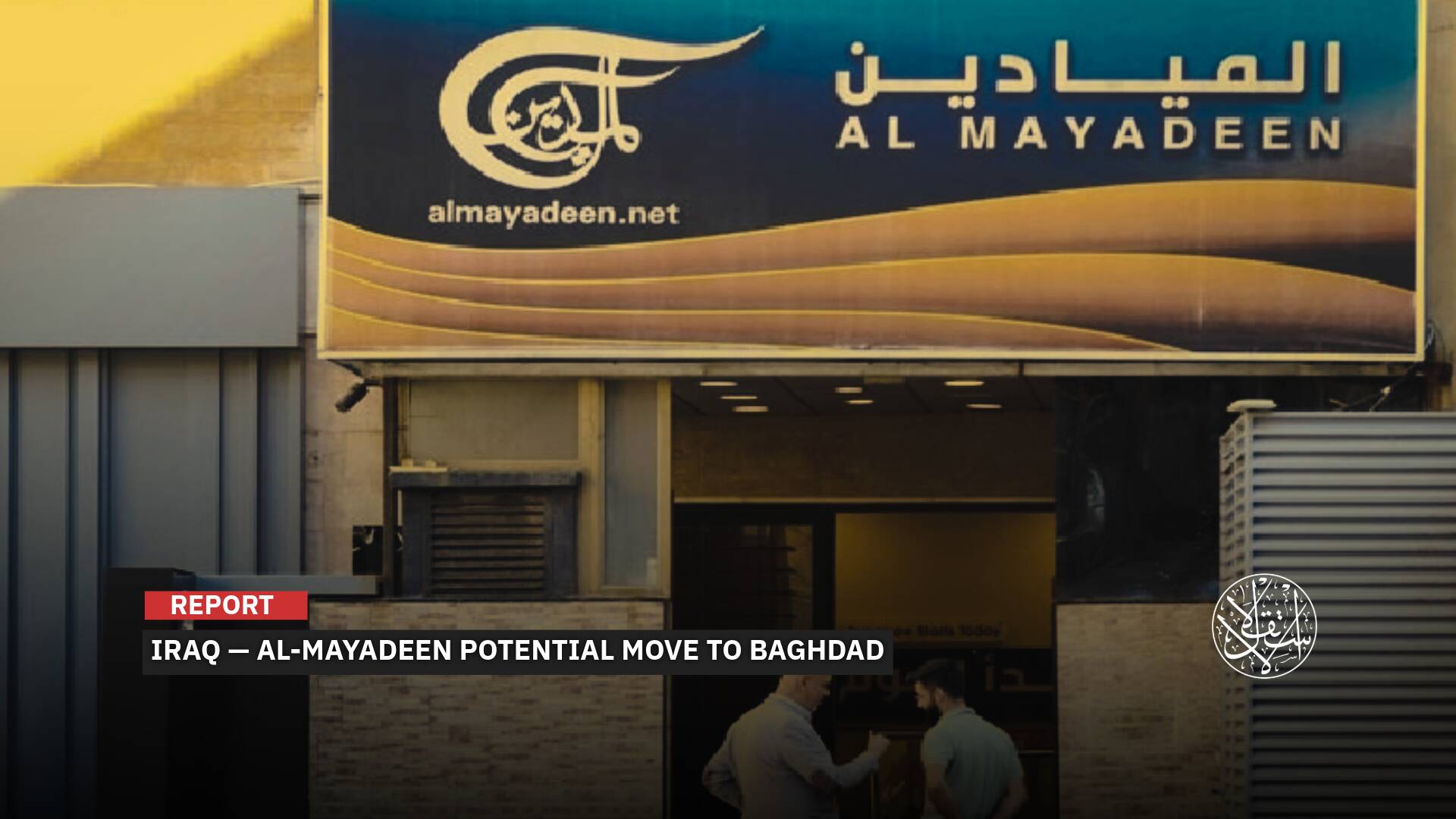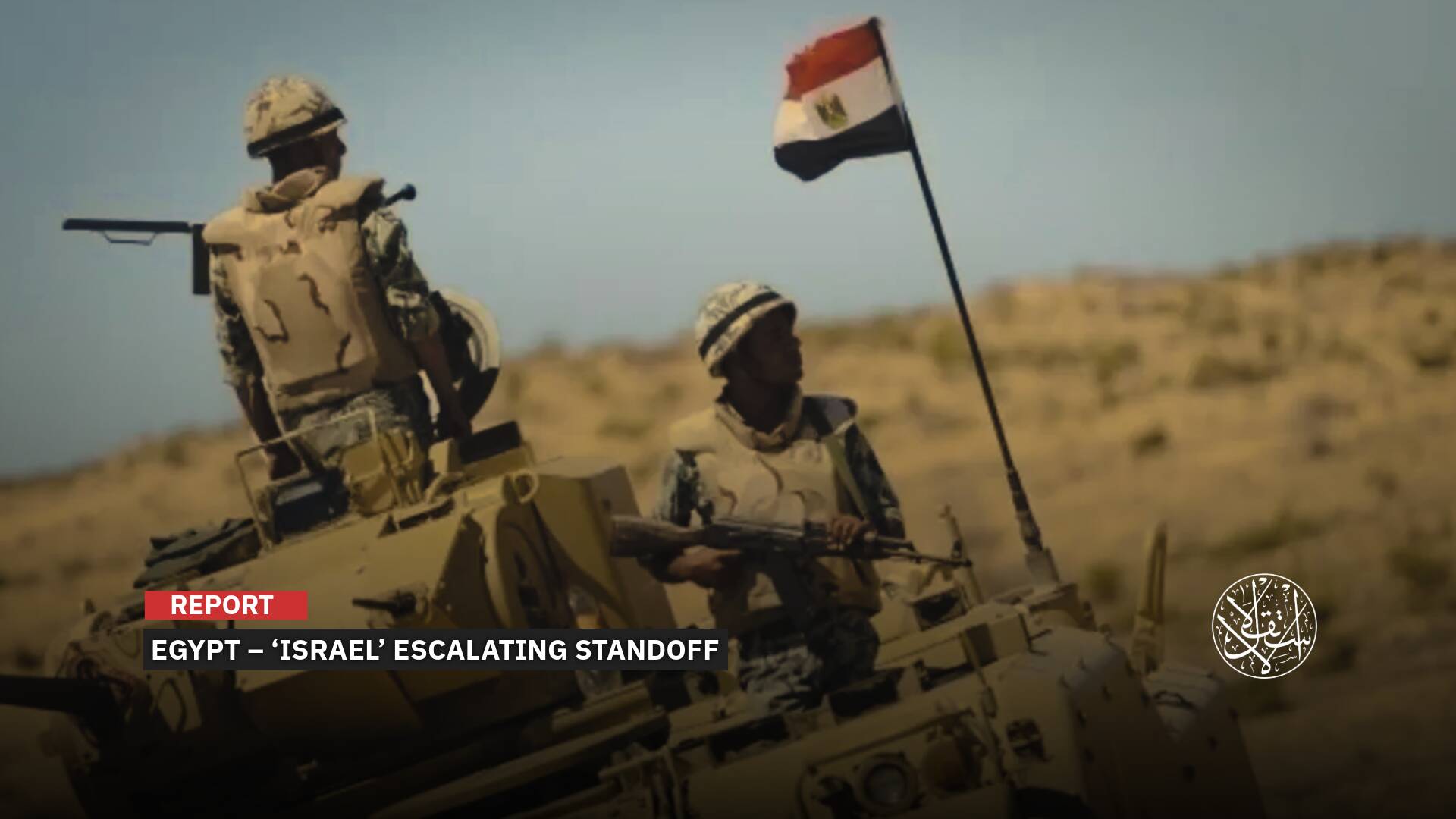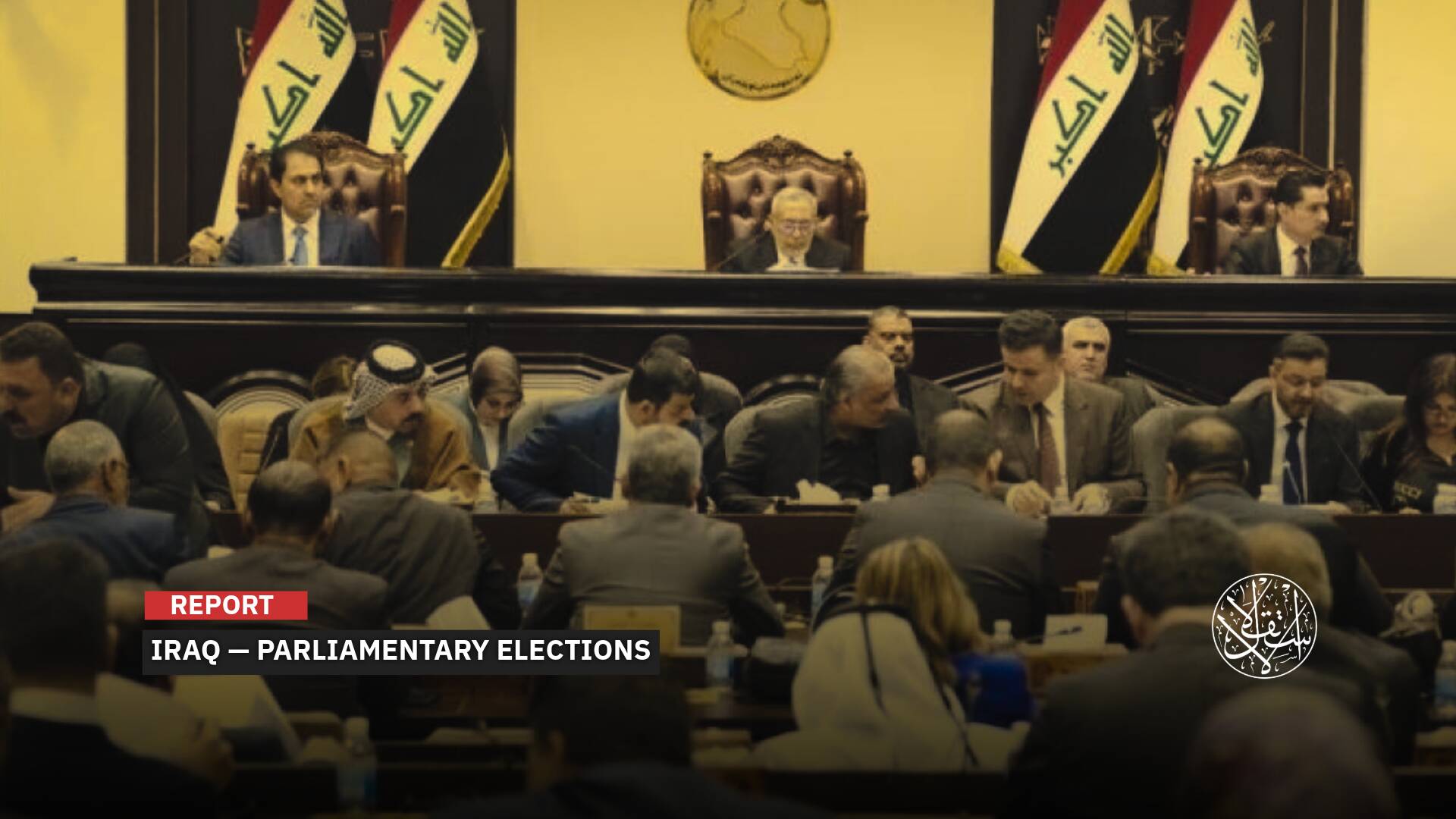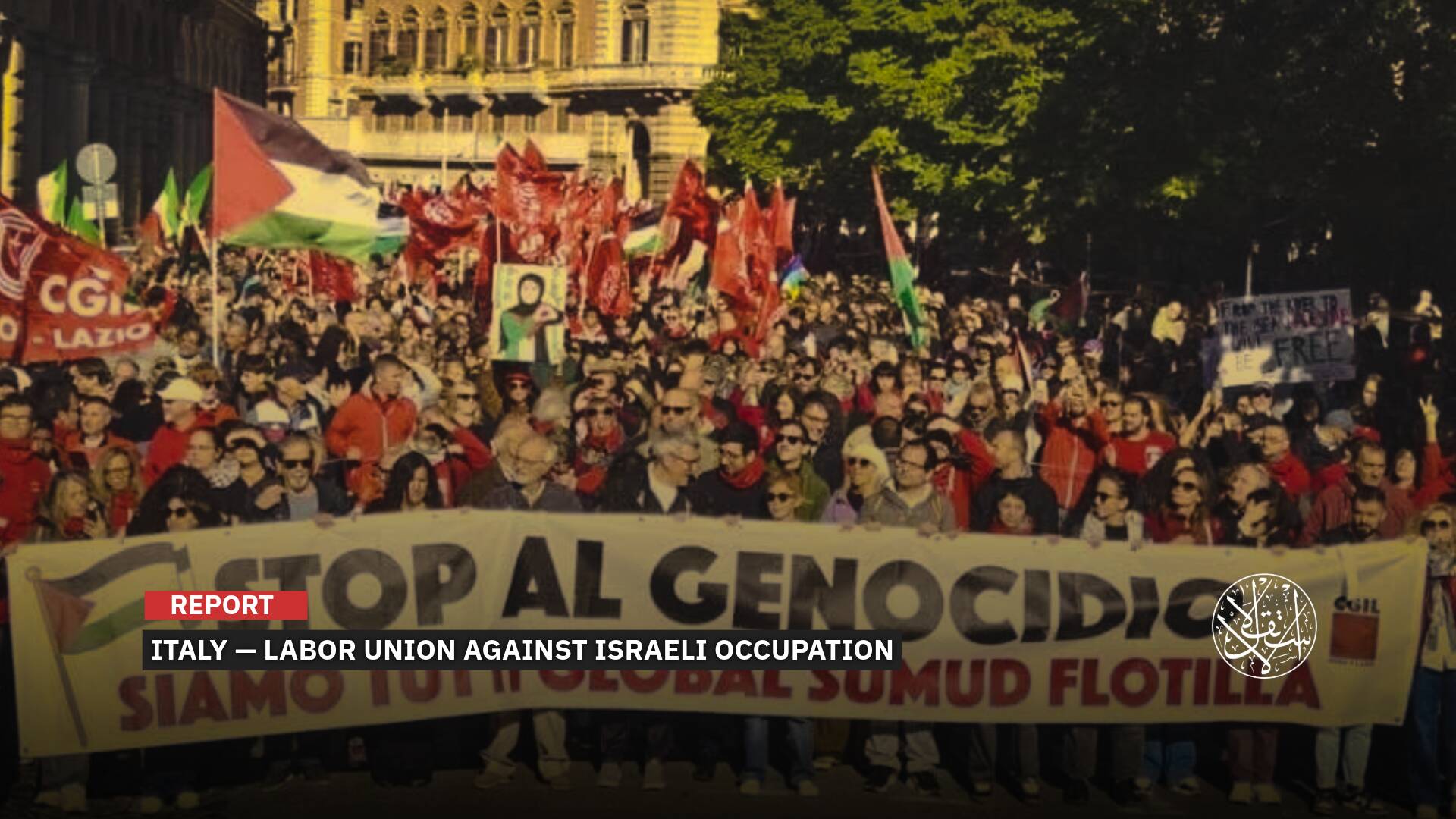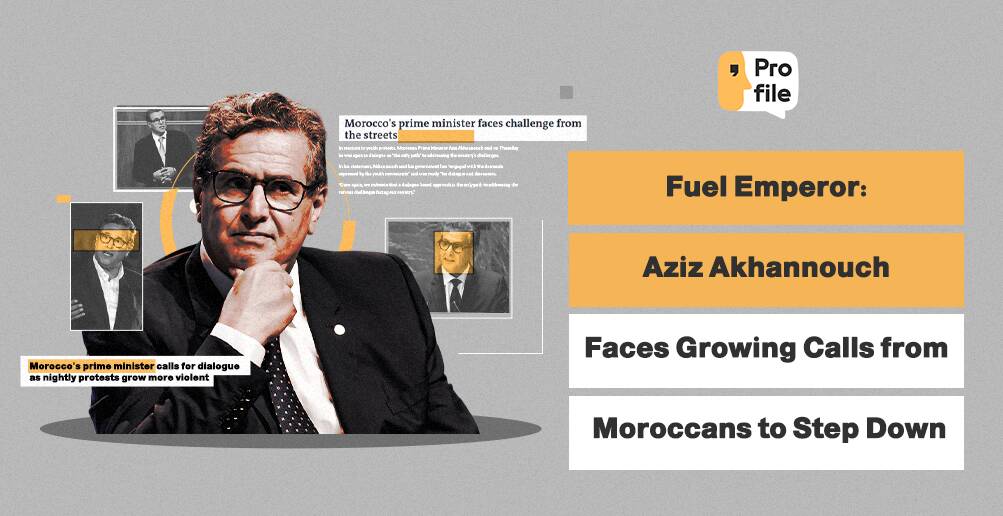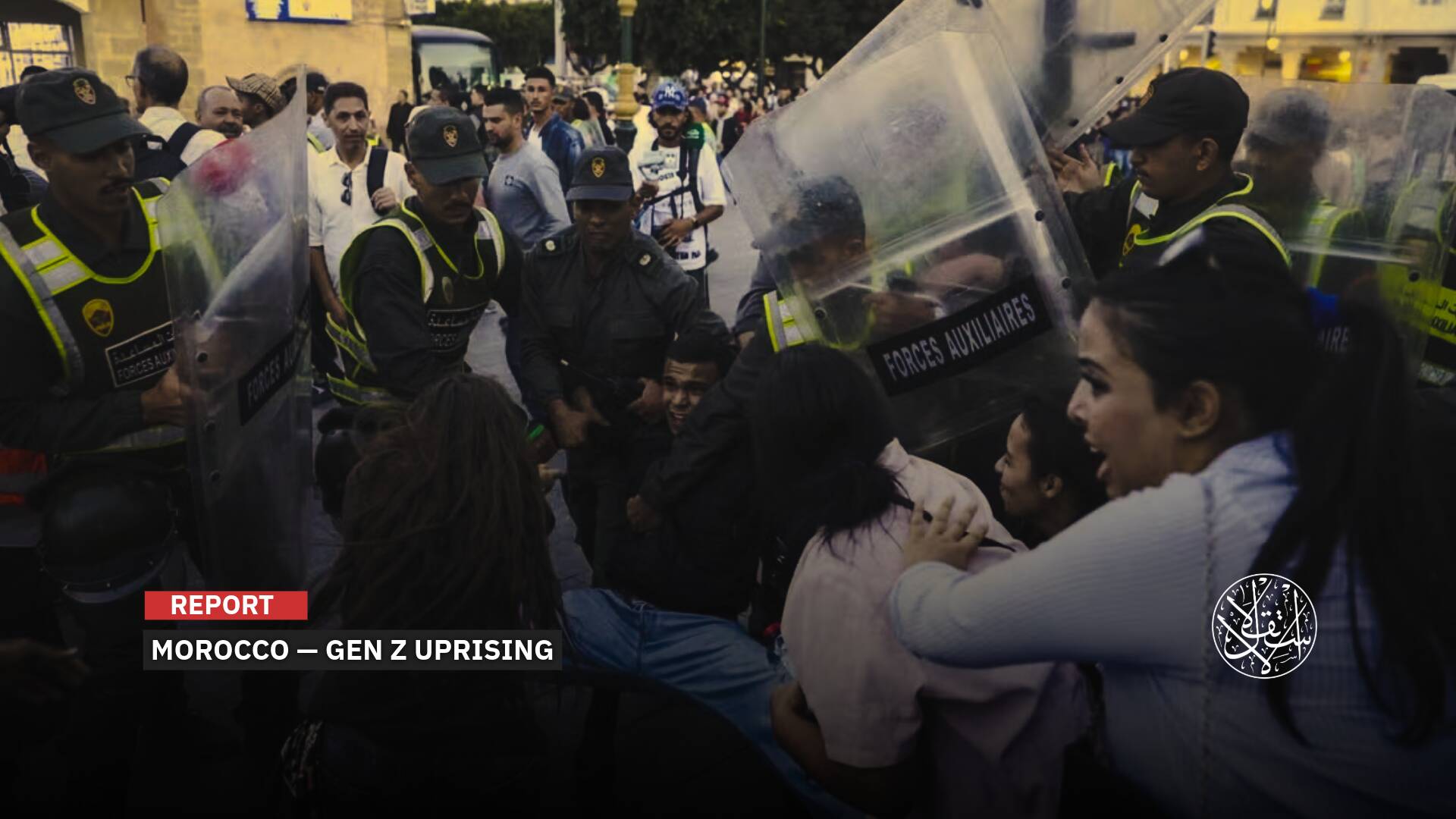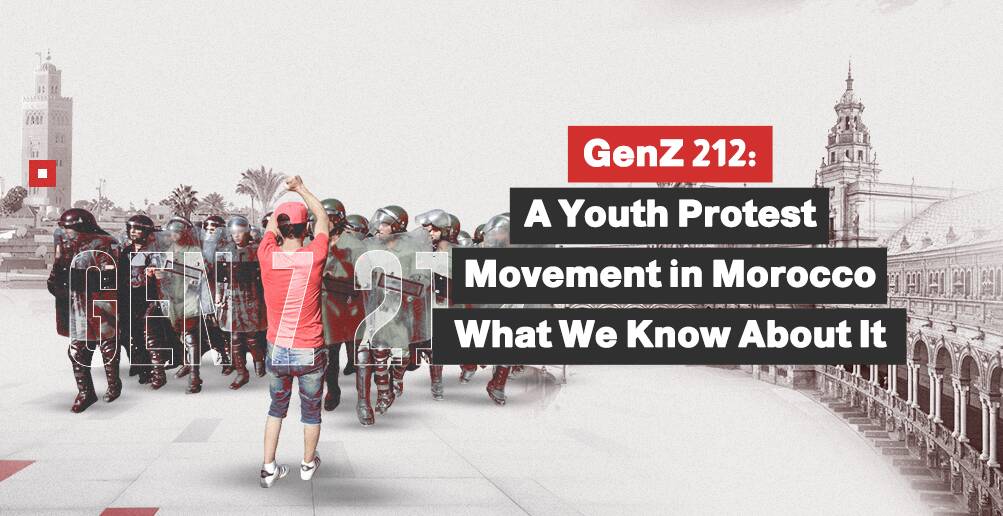What Is the Truth About the Bankruptcy of Lebanon and Its Central Bank?

In a surprising statement that caused a sensation at the local and international levels, Saadeh al-Shami, Deputy Prime Minister of the Lebanese Government, said in a television interview on April 3, 2022, that the state and its central bank are bankrupt.
This talk is the first of its kind issued by an official government official, and at the same time, the head of the Lebanese delegation, which is in charge of negotiating with the International Monetary Fund to conclude an agreement with it in order to finance an economic and financial recovery program for the state.
Lebanon is suffering from a huge economic and financial crisis that has led to the collapse of the local currency by more than 82 percent of its value, according to the United Nations Economic and Social Commission for Western Asia (ESCWA), in the midst of a state of nearly 800 percent inflation in the prices of some basic and vital commodities.
In addition, Lebanon's previous governments refrained from making payments on international debt securities (Eurobonds) worth $1.2 billion.
Al-Shami’s words come at a very precise time, a few weeks away from the date of the legislative elections on May 15, 2022.
It also comes in the midst of intense governmental and parliamentary deliberations and discussions to approve the Financial Controls Law (Capital Control), which imposes severe restrictions on the movement of cash withdrawals, which provides for the dissolving of deposits in foreign currencies by converting them into the local currency at an exchange rate determined by a specialized committee.
Does the statement of the Deputy Prime Minister pave the way for an official declaration of bankruptcy, or is it taken out of context?
Does the Deputy PM’s words fall within the framework of putting pressure on the Lebanese and choosing between complete bankruptcy or approval of the government's recovery plan that includes harsh provisions?
Denial and Affirmation
A few hours after the statement of the Deputy PM, Central Bank Governor Riad Salameh issued a statement saying that what was being circulated about the bank's bankruptcy is incorrect.
In his statement, Salameh said: “Despite the losses that afflicted the financial sector, which are under treatment in the recovery plan that is currently being prepared by the government in cooperation with the International Monetary Fund, the central bank is still exercising the role entrusted to it under Article 70 of the Monetary and Credit Law and will continue to do so.”
While no official statement was issued by the two presidencies of the government and the republic, Prime Minister Najib Mikati was surprised at the beginning of a government session by the uproar that accompanied his deputy's speech, which is intended for financial liquidity and not solvency (the ability to pay).
He considered this intended with the aim of spreading panic and despairing the Lebanese more and more, because the basis of the problem began on the day Lebanon failed to pay the outstanding bonds, while we are in an ongoing workshop with the aim of researching how to pay internal and external obligations.
Mikati stressed that “Lebanon has a lot of potential, energies and capabilities that constitute incentives and basic factors for its revival, and it only requires that we all cooperate to approve the steps and reforms that must be approved to push things forward.”
On the other hand, a Lebanese government source confirmed in a statement to the American channel CNN that “the statements of the Deputy Prime Minister come from the negotiations with the International Monetary Fund, which he is conducting, according to which Lebanon requests the assistance of the Fund to help fulfill its obligations. Therefore, this statement is not an official declaration of the country's bankruptcy.”
“Any Lebanese position in this regard is first presented to the government, and announced by Prime Minister Najib Mikati, who represents the government and speaks on its behalf. As for al-Shami’s statements, they do not have any official status and do not express the government’s opinion,” he added.
In turn, Saadeh al-Shami said in a statement to the local newspaper Al-Nahar that his speech was taken out of context when he was answering a question about the contribution of the state and the central bank to bear the losses.
As he had considered that they could bear a part, but their difficult situation did not allow them to bear much to bridge the gap.
Al-Shami stressed that he is not an authorized good authority to declare the state's bankruptcy or not, categorically denying that his statement was a prelude to an official declaration of bankruptcy by the concerned authorities.
The Deputy PM repeated what he said in his television interview that “the losses will be distributed to the state, the central bank, other banks and depositors, and there is no specific percentage. We want to come up with a result, because the loss occurred due to policies that were applied decades ago, and if we do nothing, the loss will be much greater.”
“There is a fact that cannot be ignored, we cannot live in denial, and we cannot open bank withdrawals to all people,” he added.

Insolvency Problem
In this context, the economist Louis Hobeika stresses that “there is a difference between Lebanon being in a bankruptcy situation or without cash.”
Hobeika said in an interview with Al-Estiklal that “Lebanon owns real estate, property and companies, but it does not have the cash to make its payments, and therefore it is not bankrupt.”
“These assets and properties should be sold or invested in one way or another in order to obtain cash to pay off obligations, but Lebanon certainly cannot be considered bankrupt,” he added.
Hobeika adds, “Lebanon's problem is that it suffers from a lack of cash in foreign currencies since the outbreak of the economic crisis in October 2019.”
“But the public sector owns huge assets, including land and real estate with an area of millions of square meters, and buildings, companies and institutions in various Lebanese regions,” he said.
“Therefore, the state is rich and cannot say that it is bankrupt, and the lack of cash cannot be used as a pretext to rob the savings of the Lebanese and reap the lives they deposited in the banks,” according to his estimation.
Hobeika points out that “the same applies to the central bank, which has a quantity of real estate, assets and companies at home and abroad, some of which are very high prices, which makes it a rich bank.”
Among the mentions in this regard are the Middle East Airlines (official), Intra Bank, and Casino du Liban.
Likewise, Lebanese banks own assets, properties, companies, and internal and external investments, in addition, bank owners and stockholders are among the richest people in Lebanon, and even at the global level.
Hobeika asserts that “the state and officials must bear the brunt of their failure to manage the country's affairs, and their responsibility for the situation that Lebanon has reached, and they must find solutions away from burdening the citizens.”

Not Bankrupt
In an interview with Al-Hurra website on April 5, 2022, the economist Jassem Ajaka says that talking about the state's bankruptcy does not reflect reality.
Ajaka is certain that the state is not bankrupt, indicating that there are two views of the issue: The first is the view of the financial markets, and the second is the economic view.
With regard to the outlook of the financial markets, one of three factors must be present in order for a country to be considered bankrupt, which is either that the size of its assets becomes much less than the size of its debts, or when it voluntarily stops paying its debts, which is the case of Lebanon when it refrained from paying the Eurobonds, or when the state is forced to stop paying treasury bonds.
In terms of economic language, Ajaka asserts that “no country can go bankrupt because it has sovereign taxes for life that are neither sold nor rented.”

In turn, the journalist specialized in economic affairs, Mounir Younes, said in an article on the 180 Post website April 6, 2022, that “the state has potential investments of up to $100 billion, as well as a gold reserve of about $20 billion.”
“It also owns the pen to sign auctions, licenses and concessions that generate tens of billions of dollars in the oil, gas, electricity, water, communications, tourist facilities, industrial areas and other service and production sectors, if the state so desires and manage it with rational governance and absolute transparency,” he added.
The problem lies in how to manage the state that officials want it to go bankrupt, each according to its goal of bankruptcy, Lebanon is not bankrupt. Rather, its ruling regime is at the bottom of moral bankruptcy, as he put it.
Younes enumerated the financial black holes in the various ministries and public administrations, in which tens of billions of dollars were wasted, to conclude that “the way in which Lebanon is run by the ruling regime is clear: privatize losses and nationalize profits.”
Sources
- The Deputy Prime Minister of Lebanon announces the bankruptcy of the state and the Central Bank and talks about sharing losses [Arabic]
- Official statements and clarifications. Has the Lebanese state gone bankrupt? [Arabic]
- A government source explains to CNN the truth about the statements of 'the bankruptcy of Lebanon and its central bank' [Arabic]
- Saadeh al-Shami to ‘Al-Nahar’: I did not declare the bankruptcy of the state and the Central Bank [Arabic]
- Lebanon is not bankrupt, its regime is at the bottom of moral bankruptcy [Arabic]


